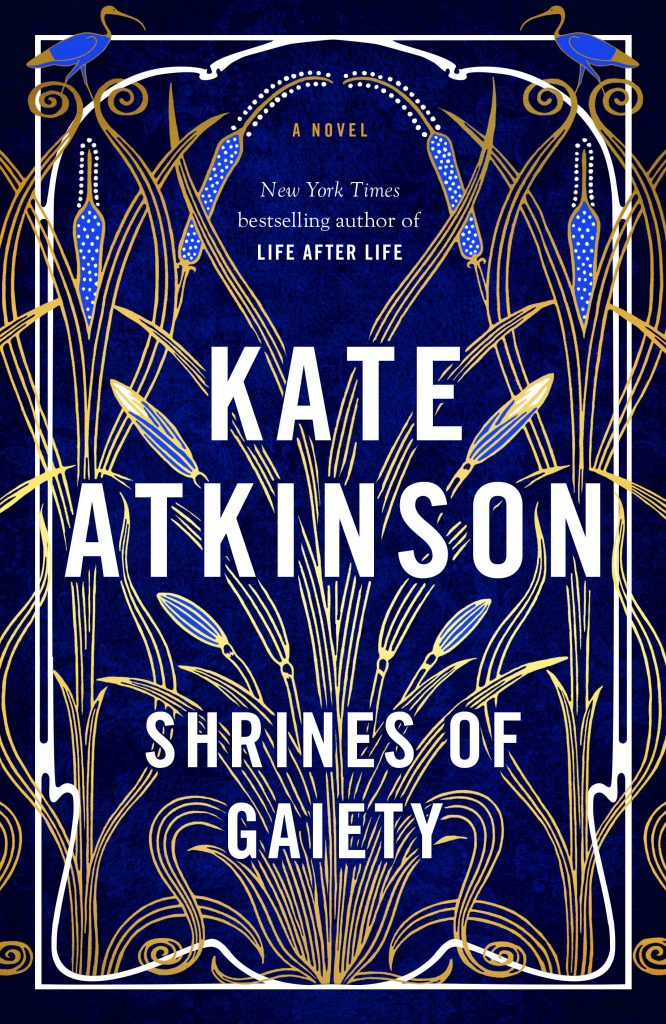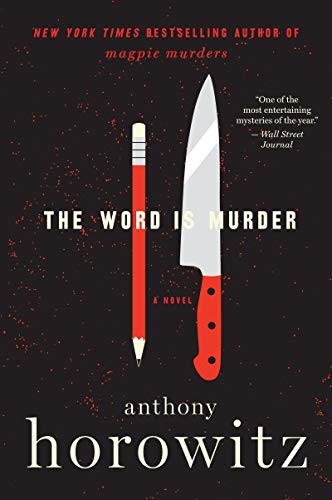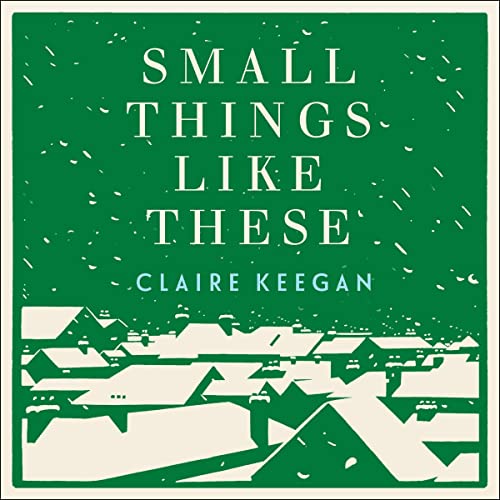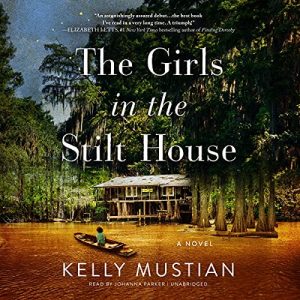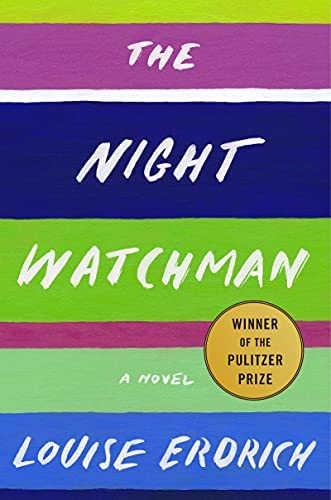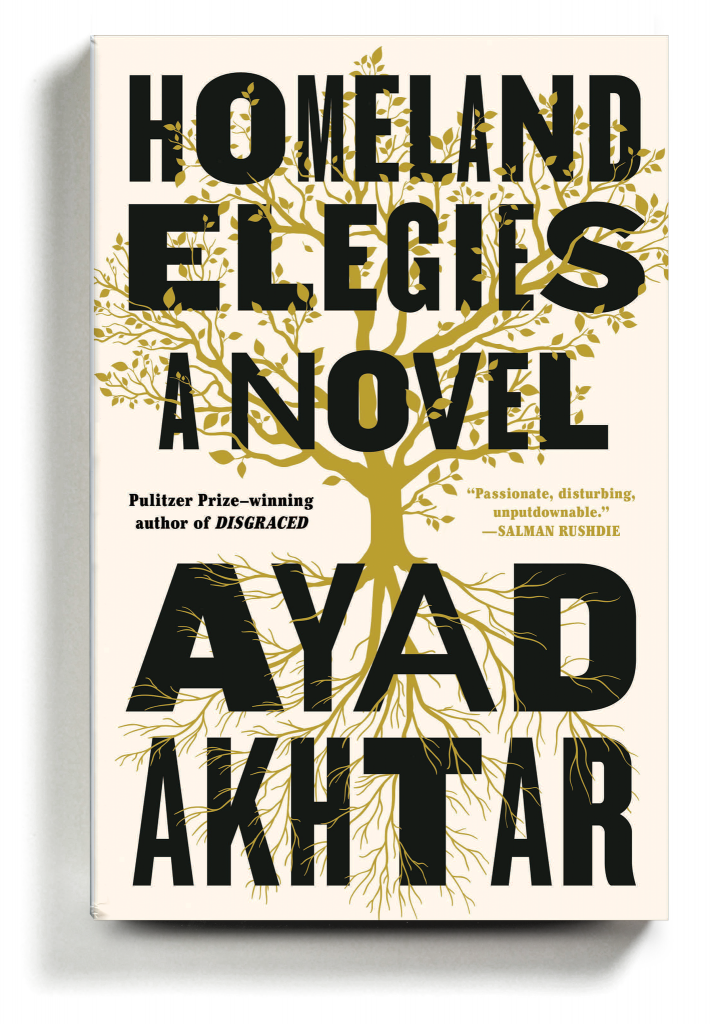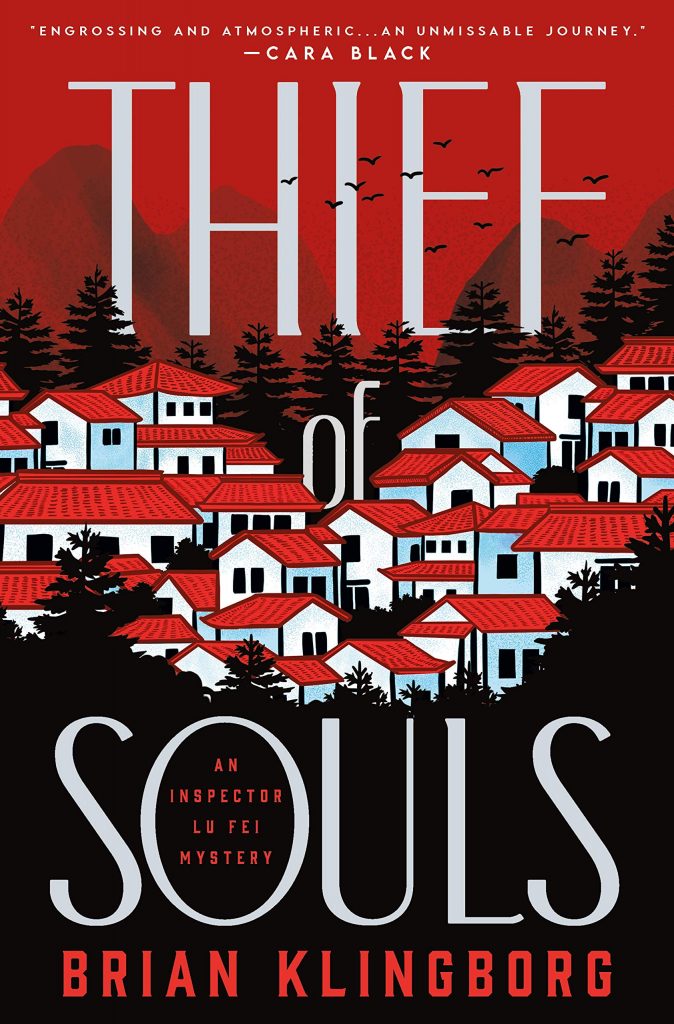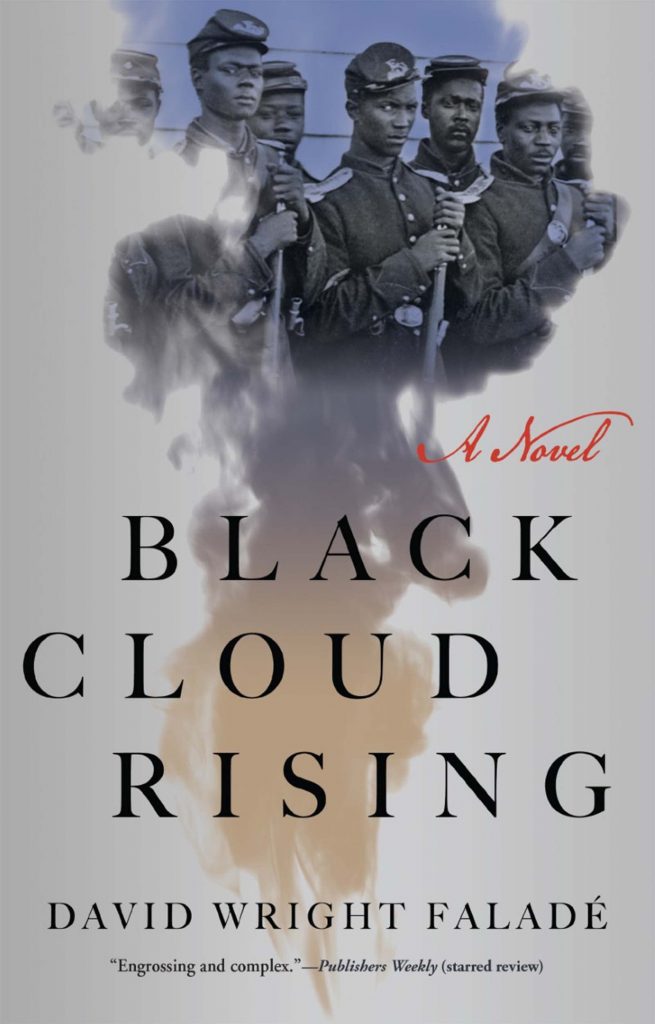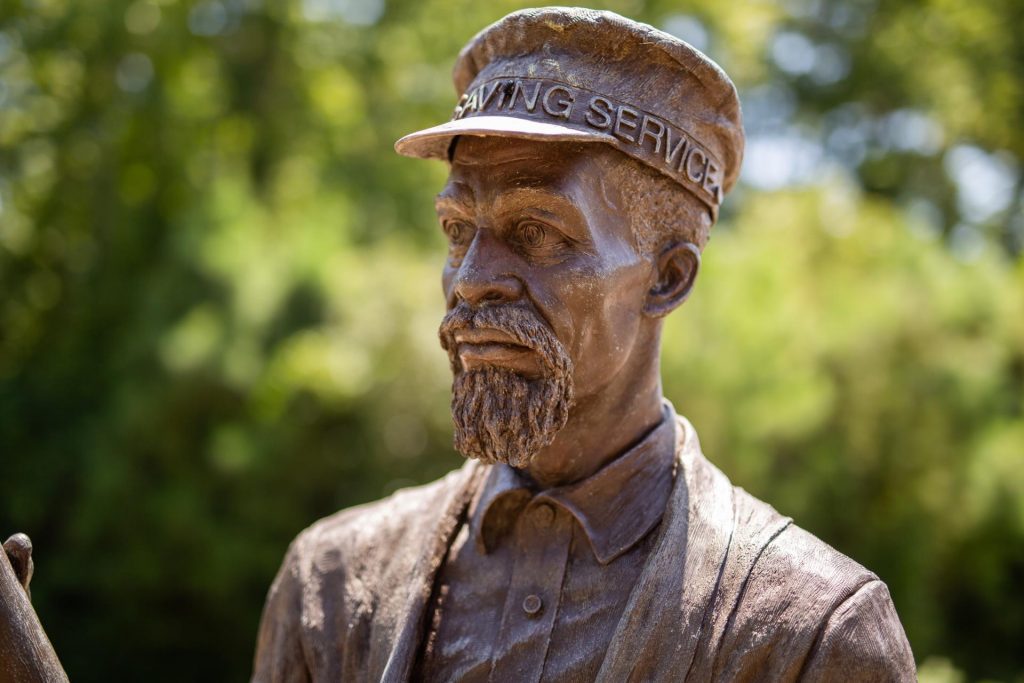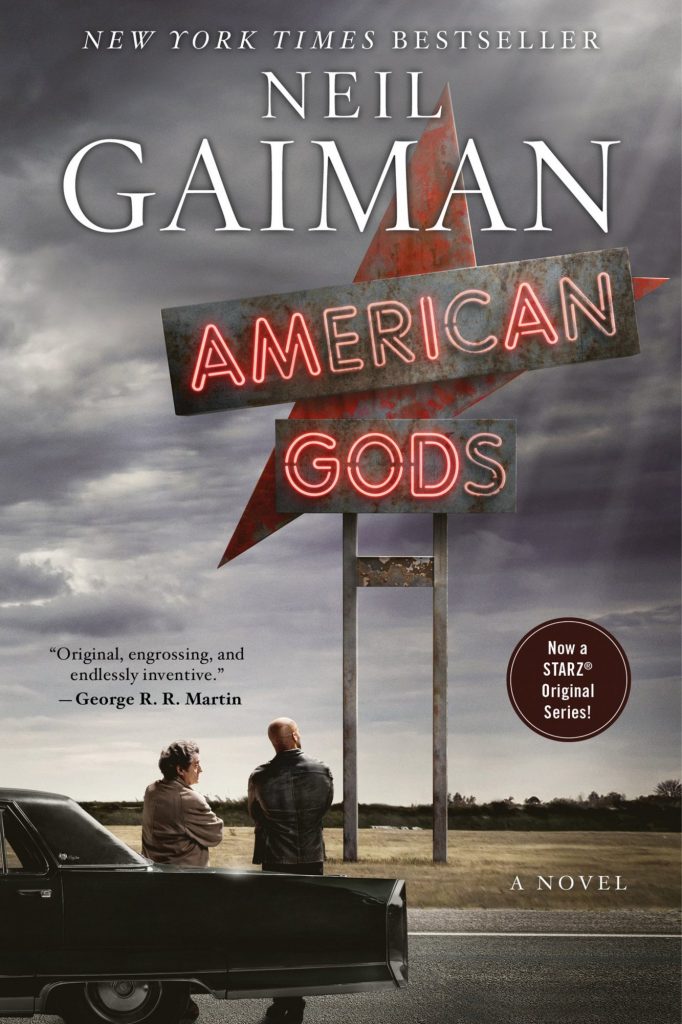
Neil Gaiman, a British author, has written an Icelandic saga about American gods. Equal parts fantasy, history, sociology, and Americana, Gaiman’s protagonist, and our guide to the gods, is called Shadow. Shadow is only recently released from prison, and about to embark on a roadtrip of epic dimensions. Sometimes traveling by Buick and sometimes upon the back of a flying Thunderbird (an eagle-like deity) through a violent thunderstorm, Shadow finds himself betwixt the old gods of North America and the new ones. The old gods were brought to North America by natives crossing the Bering Straits in the last Ice Age, by Vikings, by Irish immigrants and others arriving on the great continent.
The new gods are threatening to displace the old ones, who are being forgotten with increasing rapidity. The new gods came to the country on televisions, computers, and the internet, and they take as much devotion and as many offerings as their predecessors. As is true with all sagas, there are twists, hairpins, treachery, violence, and love. Gaiman, though he apologizes for his presumptuousness, is just the man to write about Americana. He can see us as we appear in our roadside attractions as only an outsider can.
